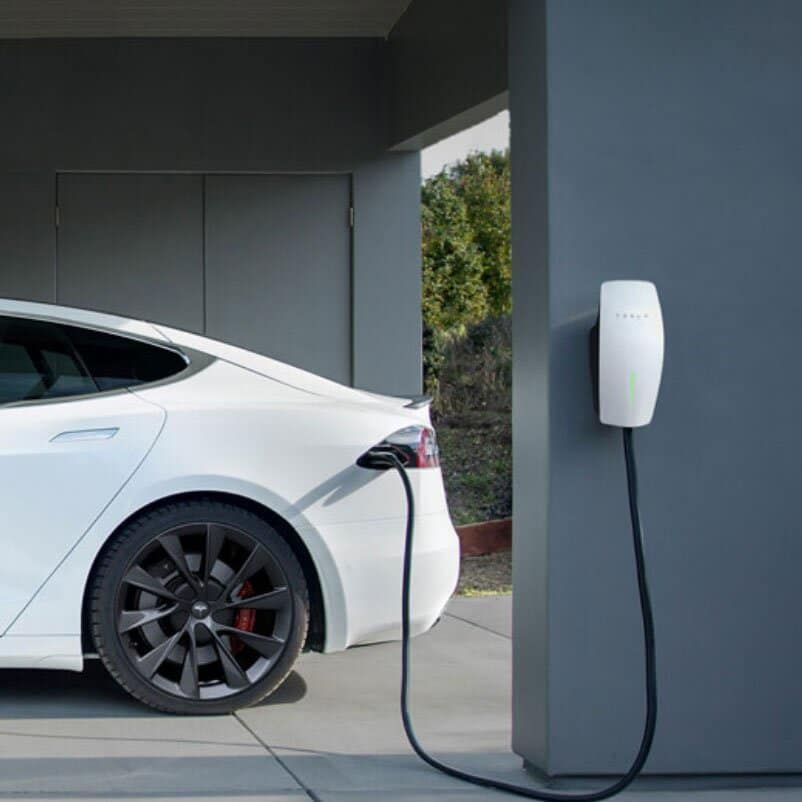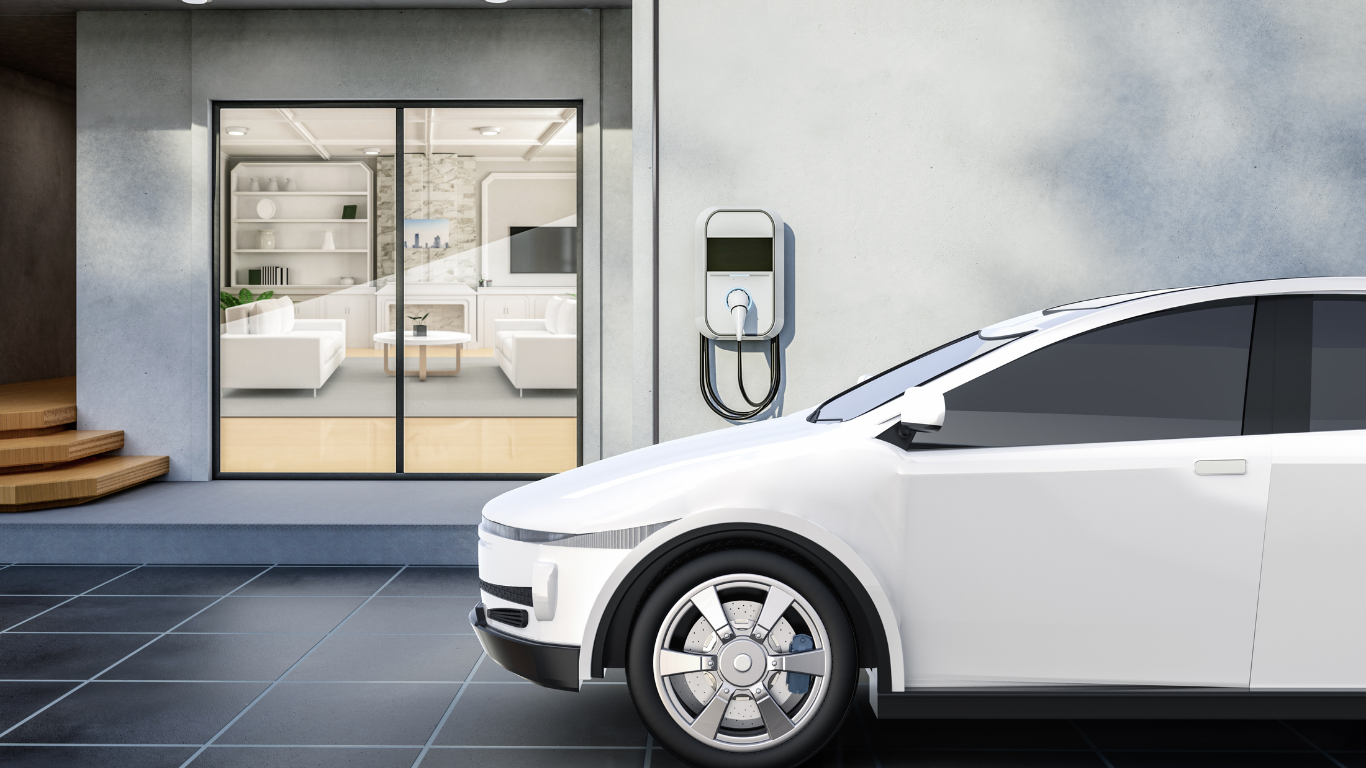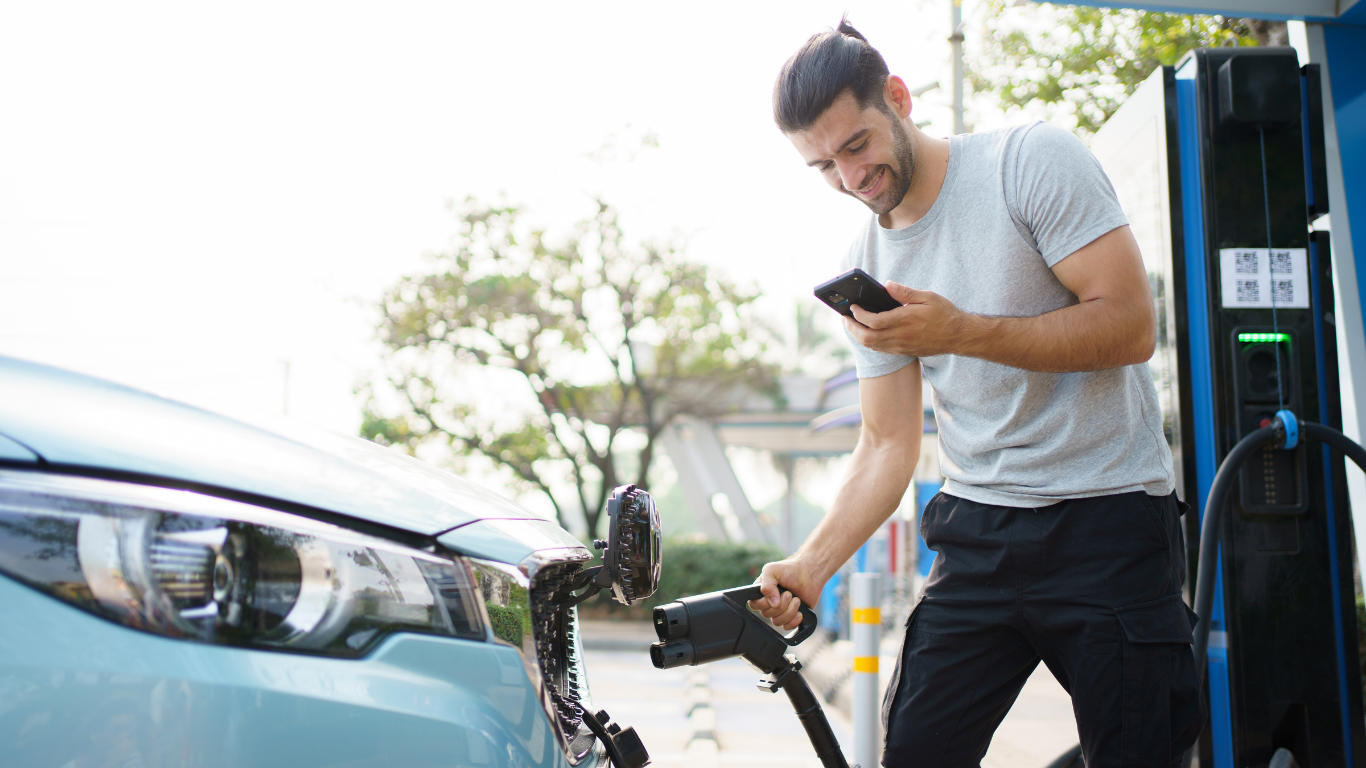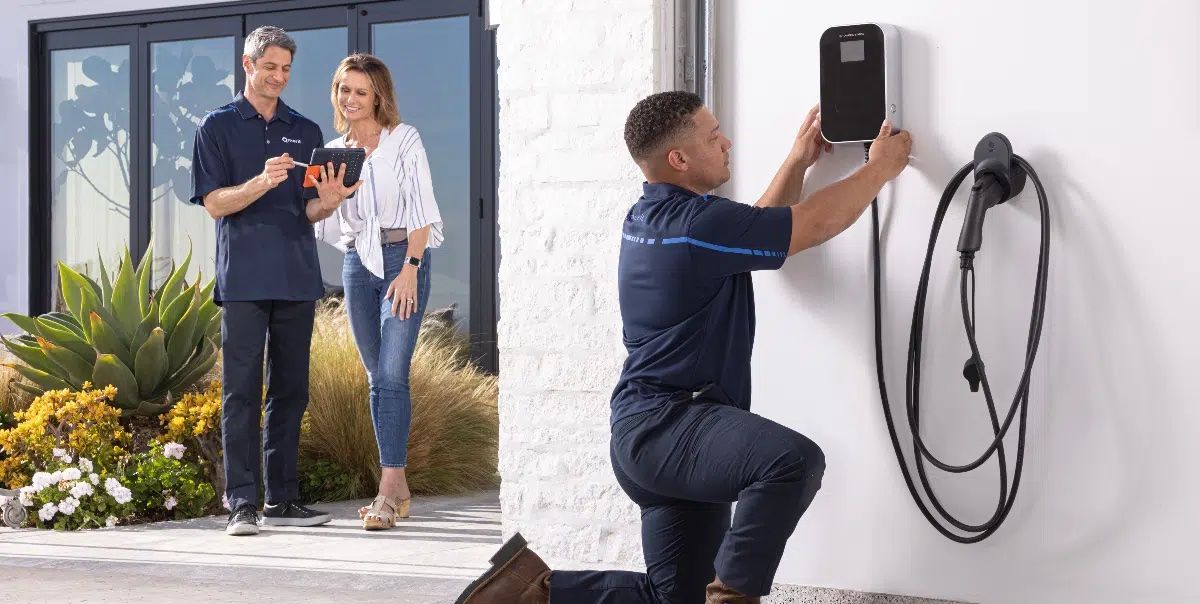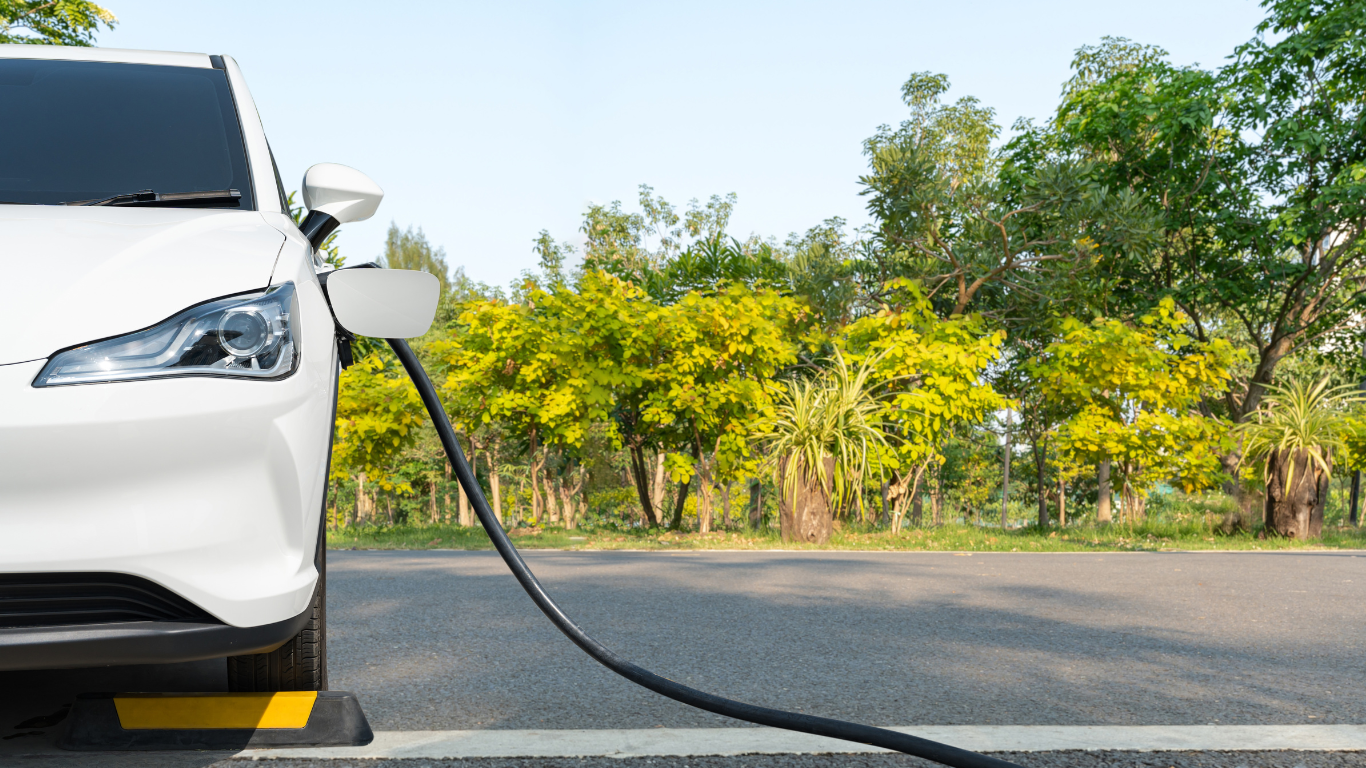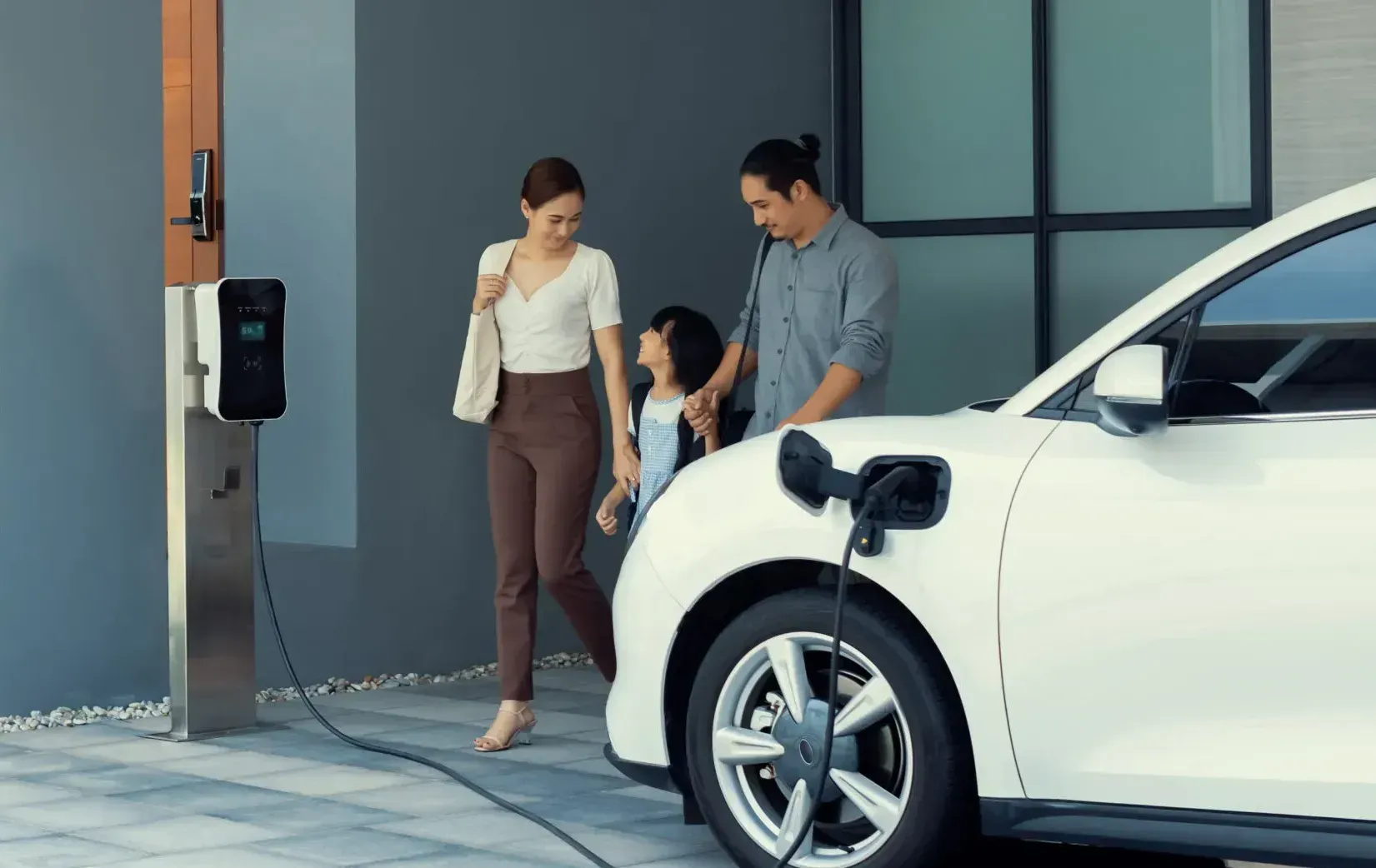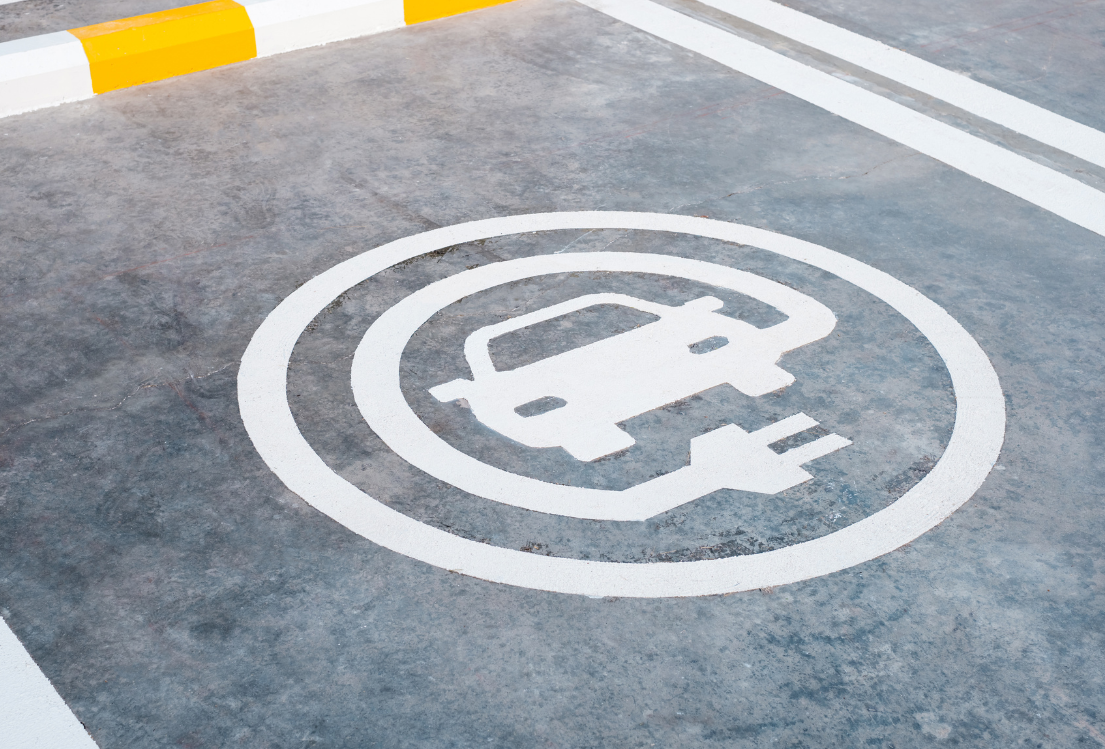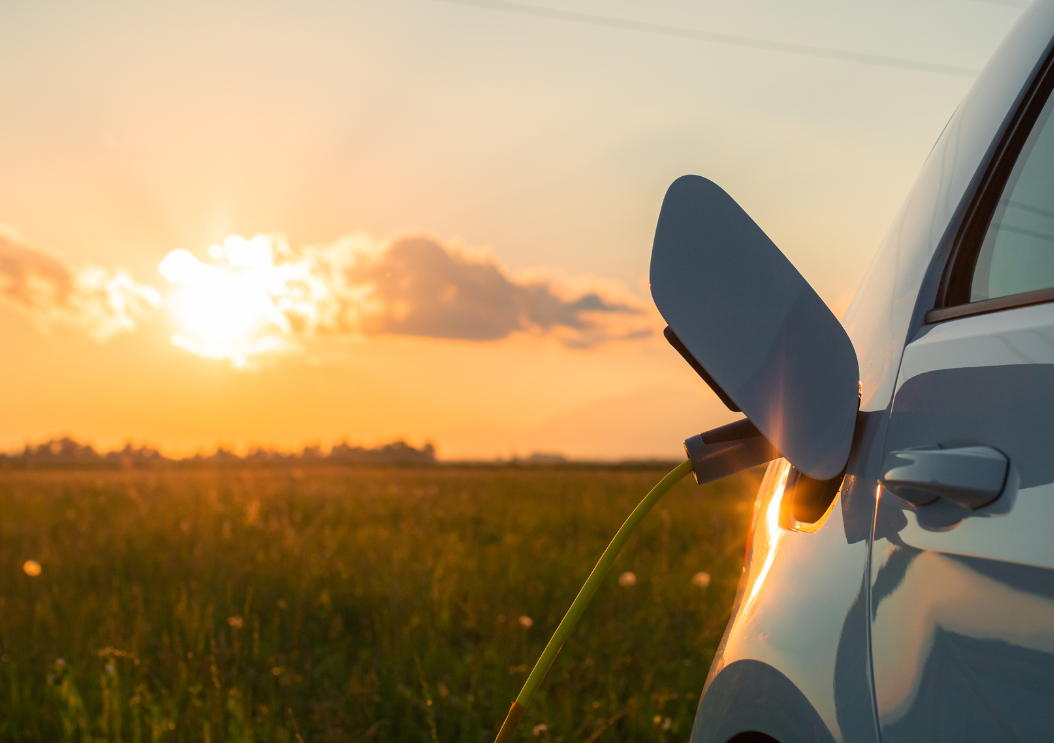The Top EV Chargers in Canada: Our Picks for 2025
Our Top Picks for the Best EV Chargers in Canada for 2025 – From Home to Public Chargers.
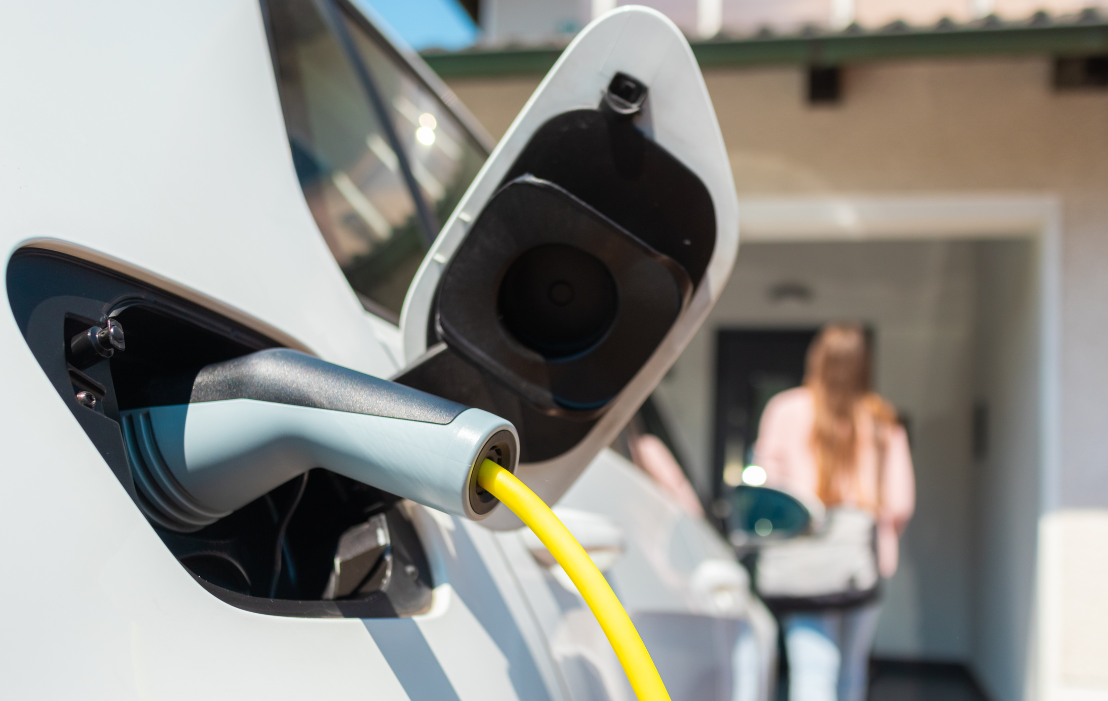
Table of Contents
Introduction
As electric vehicles (EVs) become increasingly popular in Canada, having the right charger is essential for maximizing the convenience and efficiency of owning an EV. The market for EV chargers has grown significantly in recent years, with various options now available for different levels of charging. Whether you’re looking for a simple home solution or a high-powered charger for public or commercial use, it’s important to understand the available options.
In this guide, we’ll explore the top EV chargers available in Canada in 2025, including Level 1, Level 2, and Level 3 chargers. We’ll highlight the best models, their key features, and where you can buy them. By the end, you’ll have a clearer picture of which charger suits your needs and how to get it installed. Let’s dive in.
1. Level 1 Charger Recommendations
Best Models for Home Use
Level 1 chargers are the most basic charging option for electric vehicles. They plug directly into a standard 120-volt household outlet and are ideal for EV owners with short daily commutes or those who don’t drive long distances. While slower than Level 2 and 3 chargers, Level 1 chargers can still be a practical and affordable solution for many drivers.
Here are our top picks for Level 1 chargers in 2025:
- Schumacher SC1455 Portable EV Charger: Known for its portability and ease of use, this charger is a reliable option for home use. It provides a charging rate of around 6-8 kilometres of range per hour, making it suitable for overnight charging.
- Megear Level 1-2 EV Charger: This versatile charger can be used as both a Level 1 and Level 2 charger, giving you flexibility if you plan to upgrade your home’s electrical system in the future. It’s compact and durable, perfect for indoor or outdoor use.
- Besenergy EV Charger: Affordable and simple, this charger is a great choice for those on a budget. It offers solid performance for daily charging needs and is designed with safety features like overheating protection.
Pros and Cons of Each
While Level 1 chargers are the slowest charging option, they have several advantages:
- Pros:
- Affordable and easy to install.
- Requires no additional electrical work, as it plugs into a standard outlet.
- Portable and suitable for home or travel use.
- Cons:
- Slow charging speeds (typically adds 6-8 kilometres of range per hour).
- Not ideal for EV owners who drive long distances daily.
2. Level 2 Charger Recommendations
Top-Rated Level 2 Chargers for Efficiency and Performance
Level 2 chargers are the most popular option for home and small business use. They require a 240-volt outlet and charge much faster than Level 1 chargers, typically providing 30-50 kilometres of range per hour. These chargers are perfect for overnight charging and are ideal for EV owners with longer commutes.
Here are some of the top-rated Level 2 chargers available in Canada:
- JuiceBox 40: One of the most popular Level 2 chargers, the JuiceBox 40 offers fast charging speeds, WiFi connectivity, and smart charging capabilities. It allows you to monitor and schedule charging from your smartphone, making it highly convenient for busy drivers.
- ChargePoint Home Flex: A versatile and reliable charger, the ChargePoint Home Flex is known for its flexible amperage settings, allowing you to choose the charging speed that best fits your home’s electrical capacity. It also integrates with smart home systems for seamless operation.
- Grizzl-E Classic Charger: Made in Canada, this rugged charger is designed to withstand harsh weather conditions, making it ideal for outdoor installation. It’s a no-frills option that delivers consistent, reliable charging without any unnecessary extras.
Features and Pricing
Level 2 chargers offer a range of features that enhance the charging experience. Many models come with WiFi connectivity, allowing you to monitor your charging sessions, adjust settings, and track energy consumption through a smartphone app. Some chargers also offer smart scheduling, so you can set your vehicle to charge during off-peak hours when electricity rates are lower.
Pricing for Level 2 chargers typically ranges from $600 to $1,200, depending on the brand, features, and installation requirements. While the upfront cost may be higher than a Level 1 charger, the faster charging speeds and additional features make it a worthwhile investment for most EV owners.
3. Level 3 Charger Recommendations
Popular DC Fast Chargers in Canada
Level 3 chargers, also known as DC Fast Chargers, are the fastest charging option available, providing up to 80% charge in just 30 minutes. These chargers are typically found at public charging stations and are ideal for long-distance travel or commercial use. However, they require specialized equipment and are not commonly installed in residential homes due to the high costs and power requirements.
Here are some of the most popular DC Fast Chargers in Canada:
- ABB Terra 54: This fast charger is widely used in public charging networks and can provide a full charge in under an hour. It’s compatible with most EV models and offers dual connectors (CHAdeMO and CCS) for added versatility.
- Siemens VersiCharge Ultra: Known for its high power output and reliability, the Siemens VersiCharge Ultra is a popular choice for commercial settings, including fleet operations and public charging stations. It offers fast charging speeds and easy-to-use interface.
- Tesla Supercharger: Tesla’s proprietary Supercharger network offers some of the fastest charging speeds available, specifically for Tesla vehicles. With charging times of 30-45 minutes for an 80% charge, Superchargers are strategically located across Canada, making long-distance travel convenient for Tesla owners.
Where to Find Them and Their Capabilities
Level 3 DC Fast Chargers are generally located in public charging stations along highways, major urban centres, and commercial hubs. Networks like FLO, Electrify Canada, and Petro-Canada’s EV Fast Charging Network have extensive coverage across the country, ensuring that EV drivers have access to fast charging for long-distance trips.
These chargers are perfect for those needing to charge quickly during road trips or for commercial purposes, such as fleet vehicles. Most DC Fast Chargers support the CCS (Combined Charging System) or CHAdeMO connector standards, with Tesla vehicles having access to the Tesla Supercharger network.
While DC Fast Chargers are powerful and convenient, they are not typically used for everyday home charging due to the high cost of installation and the need for a significant power supply. Instead, they are designed to supplement home charging, allowing drivers to charge quickly when on the go.
4. Factors to Consider When Choosing a Charger
Compatibility with Different EV Brands
Before purchasing an EV charger, it’s essential to ensure that it is compatible with your electric vehicle’s charging system. Most non-Tesla vehicles use the J1772 connector for Level 1 and Level 2 charging, while DC fast charging requires either a CCS or CHAdeMO connector, depending on the vehicle model. Tesla vehicles come with proprietary connectors but can use adapters to charge with non-Tesla chargers.
For Tesla owners, the Supercharger network is optimized for Tesla vehicles, but adapters are available to charge at standard Level 2 stations if needed. Be sure to verify your vehicle’s charging capabilities before purchasing a charger to ensure you’re getting the correct type for your specific EV.
Charging Speed and Efficiency Ratings
Another critical factor to consider is the charging speed. Level 1 chargers are the slowest, typically adding around 6-8 kilometres of range per hour. Level 2 chargers offer a more efficient option, adding between 30-50 kilometres of range per hour, depending on the vehicle and charger capacity.
DC Fast Chargers are the fastest option, providing up to 80% charge in 30-45 minutes, but are generally used for public or commercial purposes. The right charger for you depends on your driving habits and how quickly you need to charge your vehicle. For most homeowners, a Level 2 charger strikes the best balance between speed, cost, and convenience.
Additionally, look for chargers with high-efficiency ratings. Many modern chargers feature energy-efficient designs that reduce standby energy usage when the charger is not actively in use. This can help reduce electricity costs over time and ensure that your charger operates smoothly and efficiently.
5. Where to Buy EV Chargers
Reputable Retailers and Online Options
EV chargers are available through various retailers across Canada, both in-store and online. Some of the most reputable retailers for purchasing EV chargers include:
- Home Depot Canada: Home Depot carries a range of Level 1 and Level 2 EV chargers from trusted brands, including JuiceBox, ChargePoint, and Grizzl-E. Their website allows you to compare different models and place orders for home delivery.
- Best Buy Canada: Known for its selection of electronics and appliances, Best Buy also offers EV chargers, including both Level 1 and Level 2 options. They provide detailed product descriptions and customer reviews to help you make an informed decision.
- Amazon Canada: Amazon is another excellent source for purchasing EV chargers, with a wide selection of chargers from various brands. Their platform allows you to filter chargers by price, features, and customer ratings, making it easy to find the right charger for your needs.
- FLO: FLO is a Canadian-based company that provides EV chargers and operates a vast public charging network. They offer high-quality Level 2 home chargers directly from their website, with installation services available.
When purchasing an EV charger, it’s important to choose a reputable retailer that offers good customer service, product warranties, and installation support. Many chargers come with a manufacturer’s warranty, but it’s also helpful to buy from a retailer that provides easy returns and exchanges in case you encounter any issues.
Conclusion
Choosing the right EV charger for your home or business is an important decision that will impact your overall electric vehicle experience. Whether you opt for a Level 1 charger for basic home use, a Level 2 charger for faster overnight charging, or a Level 3 DC Fast Charger for public or commercial purposes, the right charger will ensure your EV stays powered and ready for the road.
At My EV Experts, we’re here to help you navigate the world of EV charging and find the best solution for your needs. Contact us today to discuss your options and schedule a consultation for your home or business EV charger installation. With the right charger in place, you’ll enjoy the convenience and efficiency of electric vehicle ownership like never before.

